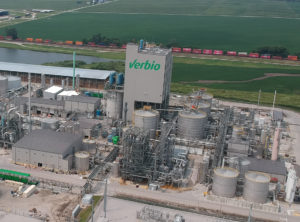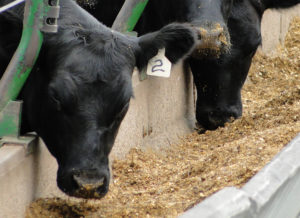 Agriculture Secretary Tom Vilsack will be a keynote speaker at the American Coalition for Ethanol 37th annual conference in Omaha next week. Secretary Vilsack will speak on Thursday, August 15, at 9:00 AM Central.
Agriculture Secretary Tom Vilsack will be a keynote speaker at the American Coalition for Ethanol 37th annual conference in Omaha next week. Secretary Vilsack will speak on Thursday, August 15, at 9:00 AM Central.
“Under Secretary Vilsack’s extraordinary leadership, USDA has provided critically important support to expand ethanol use and help ensure corn ethanol is part of the climate solution,” said Brian Jennings, ACE CEO. “Most notably, we appreciate USDA’s investments in the Higher Blends Infrastructure and Incentive Program and our Regional Conservation Partnership Program projects to validate the carbon benefits of climate-smart agriculture practices which can help ethanol producers and farmers realize new market opportunities, including tax credits created under the Inflation Reduction Act. Given his tremendous record of support, we are honored to host Secretary Vilsack at this year’s event.”
“The Gold Standard” themed conference kicks off Wednesday, August 14, with a welcome reception at 5:00 PM Central and concludes 11:30 AM Central on Friday, August 16, at the Omaha Marriott Downtown at the Capitol District. The Secretary’s remarks on Thursday will follow updates from ACE leadership, including Dave Sovereign, ACE Board President representing Golden Grain Energy, ACE CEO Brian Jennings and ACE CMO Ron Lamberty, and a keynote address from Lee Blank, CEO of Summit Carbon Solutions.
Coming off the Olympics, the two-year anniversary of the Inflation Reduction Act and its lucrative tax credits, including important updates and announcements when it comes to the gold-standard lifecycle modeling tool for ethanol (the GREET model), ACE’s 2024 event theme this summer is fittingly “The Gold Standard.” The biofuel industry is setting the standard for clean energy solutions to ensure ethanol remains the gold-standard clean fuel for years to come.
Click here to find more information on The ACE annual conference.


 Amazon has joined the growing membership of the
Amazon has joined the growing membership of the  The
The  The latest export figures for the month of June were lower than the previous month but still strong for the year, according to the latest report from the
The latest export figures for the month of June were lower than the previous month but still strong for the year, according to the latest report from the 

 The
The  According to the
According to the 
 The
The 